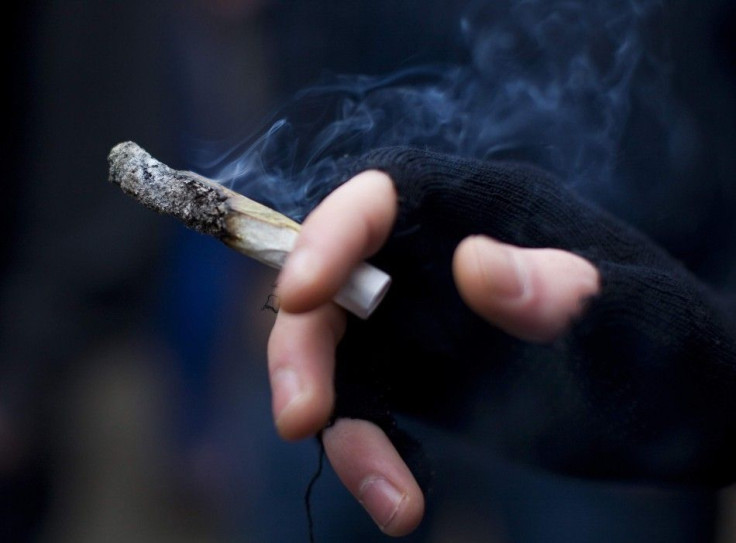The Effect of Policy On Alcohol And Marijuana Use

A new study enquires into the connection between the use of alcohol and marijuana, and the government's policy on these substances.
More than half the young drivers killed in car crashes in nine states in the U.S. tested positive for alcohol, marijuana or both.
A new study, published in Springer's Injury Epidemiology, and conducted by Columbia University's Mailman School of Public Health, examines 7,191 fatal accidents in which the drivers were between 16 and 25 years old from California, Connecticut, Hawaii, Illinois, New Hampshire, New Jersey, Rhode Island, Washington State and West Virginia. These states regularly perform toxicology tests on drivers who die in car crashes. The study was meant to understand how changes in policy could affect substance use among young people.
More than half the deaths reported between 1999 and 2011 happened in California, according to data from the Fatality Analysis Reporting System, a census of fatal traffic accidents in the United States.
Of the 50.3 per cent fatalities among drivers who were under the influence of either alcohol, marijuana or both, 36.8 per cent were under the influence of alcohol, 5.9 were under the influence of marijuana and 7.6 per cent had used both.
The team of researchers found that there was an increase in alcohol consumption among those aged 21 years or older when it is legal to consume alcohol in the United States, but that there was no corresponding increase in marijuana consumption. Among those who had used this drug alone there was a decrease in numbers above 21. After 21, use of both substances increased slightly.
The study was conducted to determine how policy affects substance use among adults in the light of the recent and on-going legalization of marijuana in American states.
The researchers concluded that increased availability correspondingly increases the use of marijuana and alcohol but that there is no significant substitution between the two substances, i.e. people do not appear to substitute one for the other based on legality or any other factor.
A study in early 2014 noted a significant increase in fatal car accidents in Colorado, where medical marijuana has been legal since 2009. The study, performed by the University of Colorado School of Medicine researchers, looked into fatal car accidents in Colorado and compared it to the 34 states where marijuana was not legal between 1994 and 2011. The research used data from the National Highway Traffic Safety Administration's Fatality Analysis Reporting System between the years 1994 and 2011.
To contact the writer, email: sonali.raj@gmail.com






